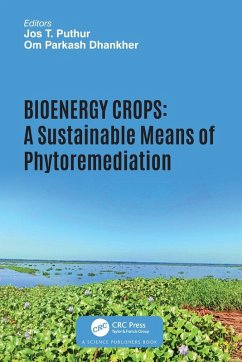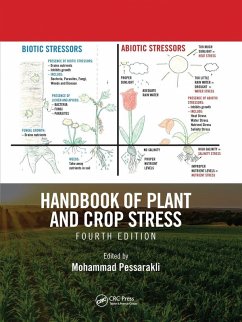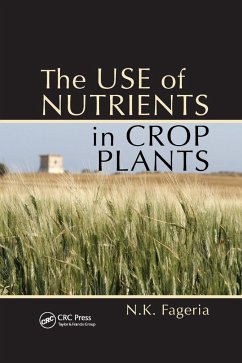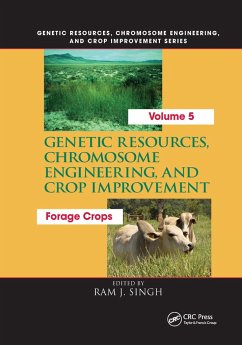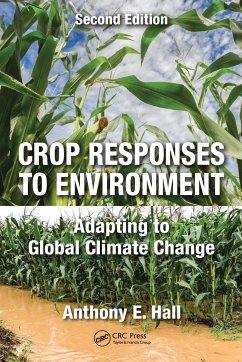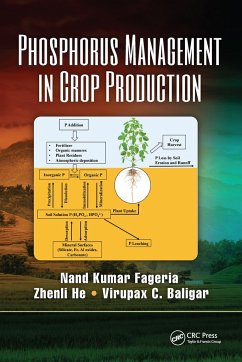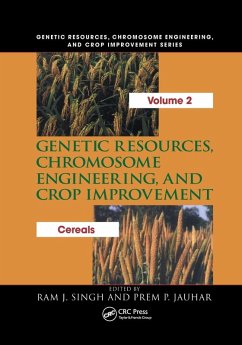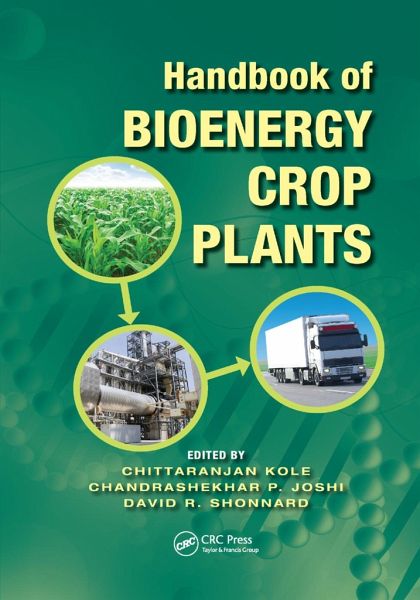
Handbook of Bioenergy Crop Plants
Versandkostenfrei!
Versandfertig in 1-2 Wochen
142,99 €
inkl. MwSt.

PAYBACK Punkte
71 °P sammeln!
Devastating fossil fuel shortages loom in the future unless more renewable alternatives to energy are developed. This volume surveys the possibilities and challenges involved in biofuel production. The book explores the genetic improvement of bioenergy crops, ecological issues and biodiversity, feedstock logistics and enzymatic cell wall degradation to produce biofuels, and process technologies of liquid transportation fuels production. It also reviews international standards for fuel quality, issues related to biofuel-powered engines, life-cycle environmental impacts of biofuels compared with...
Devastating fossil fuel shortages loom in the future unless more renewable alternatives to energy are developed. This volume surveys the possibilities and challenges involved in biofuel production. The book explores the genetic improvement of bioenergy crops, ecological issues and biodiversity, feedstock logistics and enzymatic cell wall degradation to produce biofuels, and process technologies of liquid transportation fuels production. It also reviews international standards for fuel quality, issues related to biofuel-powered engines, life-cycle environmental impacts of biofuels compared with fossil fuels, and social concerns. The final sections profile a range of crops.





